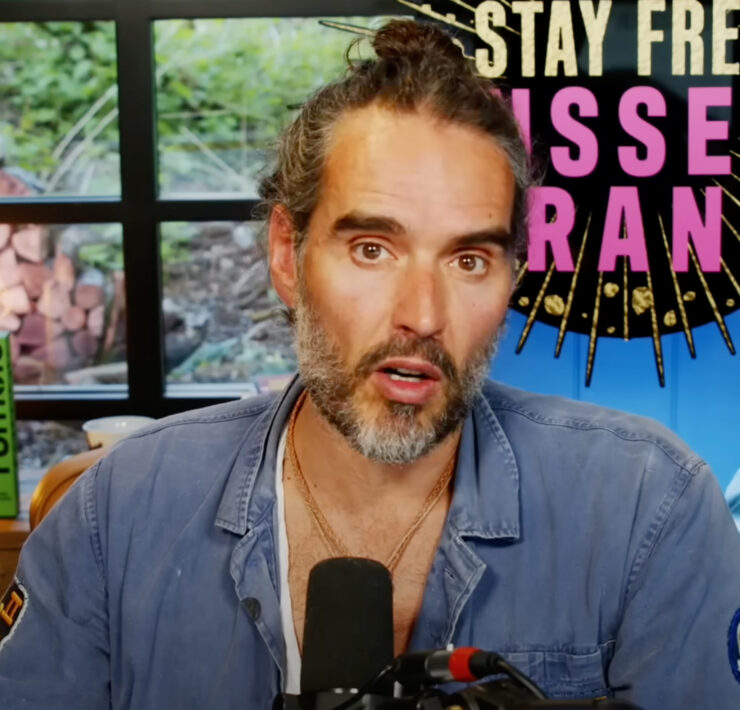I once asked a friend what part of social justice interested him.
“The justice part,” he responded, as his eyebrows narrowed and his chin dropped a few centimeters—just enough for him to look down his nose at me with all the condescension of the lawyer he would one day become. Obviously.
“Why? What part interests you?” he countered.
Had the question first been posed to me, I would have answered with illustrative stories about men’s and women’s lives being transformed, about reconciliation and restoration. I would have named people I knew—Godofredo, Teodora, Grey—whose testimonies make my work at a poverty-fighting organization worthwhile.
Prefaced with his dichotomous answer, though, I simply responded, “The social part.”
I’ve never really resonated with the smite-the-bad-guys justice mentality; for me, social justice has always been about making people’s lives better—whether through granting access to water, food, healthcare or, yes, even criminal justice. Social justice creates systems that value human rights—not just the rights to liberty and happiness, but also to basic necessities and dignity.
For me, engaging in social justice has always been about people.
Changing legal systems to protect the vulnerable—it’s about people.
Setting up aftercare facilities for victims of sex trafficking—it’s about people.
Building wells to bring clean water—it’s about people.
Sponsoring a child—it’s about people.
Supporting the homeless in your own community—it’s about people.
Planting trees—it’s about people.
Yes, you read correctly—even planting trees is about people. You see, I am involved in a really cool social justice organization that plants trees.
Let me tell you how it works.
For many of the world’s poorest people, their very survival is contingent on the health of their environment. Of course, the same applies to us, but in a much more removed way. It’s easy to forget that our bottled water actually comes from a stream or our prepackaged food may actually have been grown in this thing called soil.
Around the world, small farmers, desperate to feed their families, are forced to cut down large areas of forested land, clearing it for farming or to sell as fuel wood. The resulting erosion and loss of soil fertility leaves entire hillsides desolate and barren, thus entrenching poor farmers in a vicious cycle of poverty and deforestation.
For these desperate farmers, their “carbon footprint”—or environmental impact—is literally drying up the streams that sustain them, eroding the hillsides they farm for sustenance and threatening their very survival. Right now. Not in twenty years when more ice caps melt and sea levels rise, but now.
We all know trees play an important part in reducing global warming, absorbing harmful CO2 and releasing life-giving oxygen, but the full benefits of trees go much deeper. Trees’ root systems provide living barriers that prevent soil erosion, replenish the water table and restore desolate, unproductive lands.
To suburbanites and city dwellers, these may sound like fringe benefits, but to a rural farmer who is completely dependent on the land for survival, a tree can be the difference between life and death. It can be the difference between hope and despair, between thriving and barely squeaking by, between a better future for their children and a life entrenched in an unending cycle of extreme poverty and hunger.
When trees are planted alongside crops—a technique called agroforestry—farmers experience all the benefits of trees while providing nutritious foods and a sustainable income for their families. For example, Plant With Purpose works with farmers to utilize agroforestry and sustainable farming techniques, empowering them to overcome poverty, provide for their families, live in dignity and fulfill their greatest dream of all: leaving the world a better place for their children.
So, for me, the excitement of planting trees results when I can see how caring for the environment actually improves the lives of the rural poor—it’s going green meets reducing poverty meets restoring environments meets transforming lives.
We equip farmers to plant trees—it’s about people.
We teach sustainable agriculture techniques—it’s about people.
We care for the Earth—it’s about people.
It’s about people.
And whether you’re into the justice part or the social part, I hopewe all strive to live lives that value human rights, restore dignityand improve the lives of those around us.
Aly Lewis is a staff writer for Plant With Purpose. This month, Plant With Purpose is the featured cause on Live58.org, an alliance of nonprofits working together to end extreme poverty. As part of the 58:Global Impact Tour, Plant With Purpose is trying to raise $40,000 to plant 90,000 trees in the Dominican Republic to restore the fruitfulness of the land and provide food for those in need. For the entire month of April, every contribution to Plant With Purpose will be doubled because of a generous matching grant.




















